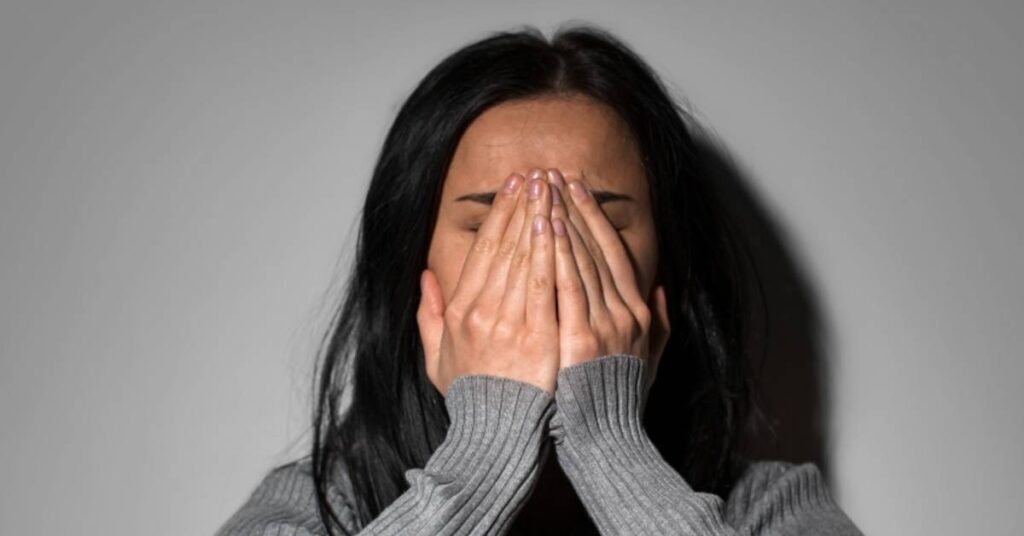Women’s Mental Health


Mental illness is something that affects many people throughout the world. However, what many people don’t know is that gender plays a role in mental illness. In today’s post, we will take a look at how mental illness affects women. With that in mind, if you or someone you know is struggling with a mental health condition, Long Island Counseling is here to help. Contact us using our online form to request more information about our individual counseling services today.

Serious Mental Illness Is Greater in Women
According to the Anxiety and Depression Association of America, it is 70% more common for women to suffer from a serious mental illness than men. Those who struggle with anxiety and depression know that these mental illnesses are a sliding scale, but women are more likely to be diagnosed with a more serious case than men. However, that percentage doesn’t strictly apply to anxiety and depression. Women are also more likely to be diagnosed with serious cases of PTSD, Social Anxiety Disorder, Panic Disorder, and more.
1 in 5 Women Has a Mental Health Problem
While both men and women suffer from mental illness, it may be surprising to learn that 1 in 5 women are diagnosed with a mental health problem by a licensed professional. Together, men and women with diagnosed mental illnesses make up 20% of the U.S. population, or 46.6 million adults, according to the National Institute of Mental Health.
Women and Depression
There are many different types of disorders and mental illnesses, but the most common type of mental illness in women is depression. The reason for women suffering most often from depression is unclear. However, many researchers and psychologists speculate that it has to do with societal factors such as poverty and isolation, as well as biological factors such as a change in hormones, especially in regards to post-partum depression.
Phobias and OCD
It is common for both men and women to struggle with phobias and OCD, but women make up 60% of all who suffer from these conditions. Phobias, OCD, and PTSD are closely related to anxiety. Because women are more likely than men to develop an anxiety disorder, it makes sense that they would develop a phobia disorder or OCD. Often, the symptoms of these disorders begin in childhood, and some women may experience phobias or OCD in addition to an anxiety disorder.
Seeking Treatment
Unfortunately, there is a negative stigma regarding treatment for a mental health condition, and this stigma leads to women being less likely than men to seek treatment for certain conditions. According to Women’s Health Research Institute, women are more likely to feel stigmatized. Women may form their self-image around how people perceive them, and because seeking therapy or treatment for a mental disorder is seen as negative, women don’t want that stigma to affect their image. That being said, women are more likely to speak to their primary care physician about their mental health than to seek out a mental health professional directly.
You Are Not Alone
At Long Island Counseling, we strive to show all of our patients that they are not alone. Taking the first step toward improved mental health can be difficult, so if you or someone you know is considering treatment, we are here to help. Learn more about our individual counseling service, and contact Long Island Counseling to request a consultation.
Long Island Counseling
Long Island Counseling
Lisa Lempel-Sander LPsyA
Licensed Psychoanalyst
221 Hollywood Ave
Douglaston NY 11363
Contact Us Today!

Couples & Marriage Counseling
Professional marriage counseling and couples therapy helps heal after an affair or infidelity, helps build trust and improve communication, helps resolve arguments about money or sex, and teaches you what each needs to promote intimacy and emotional connection. For all couples looking to strengthen their relationship.

Anxiety & Depression
Therapy provides support and direction in overcoming addiction and substance abuse, in resolving anxiety, depression and other emotional pain including lack of confidence and low self-esteem. Therapy helps with clarifying sexual orientation, gender-based identity questions, LGBT issues, gay and lesbian questions.

Relationship In Crisis
Discernment Counseling has one goal: to help you decide whether to stay in the relationship and try to work it out, or to leave. Discernment Counseling treats both partners even when there’s disagreement about the desired outcome. Discernment Counseling is a brief, highly-focused protocol with just one goal: helping you decide.

